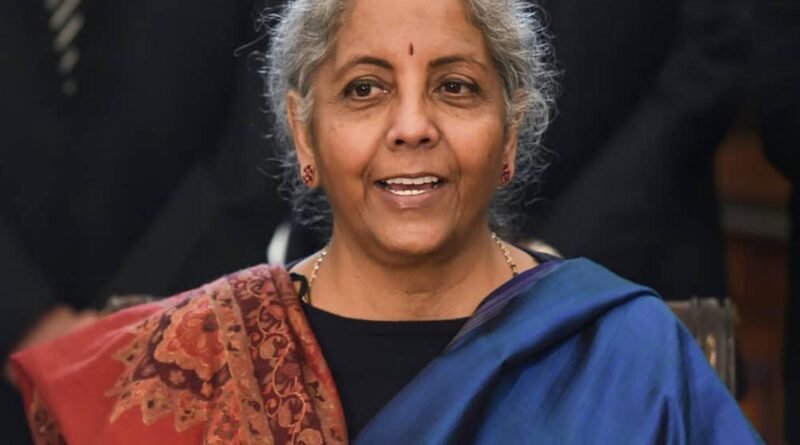Finance Minister Nirmala Sitharaman clarifies India’s position on cryptocurrency, stating that it cannot be considered as currencies, while also expressing support for blockchain technology.
Cryptocurrencies such as Bitcoin and Ether, backed by blockchain technologies, represent digital assets with inherent financial value.
The Web3 sector in India is presently undergoing regulatory oversight, as the government progressively implements rules to protect the financial aspects of the digital assets industry. On Friday, Finance Minister Nirmala Sitharaman was questioned about India’s position on cryptocurrencies. In her response, the minister clarified that cryptocurrencies were not recognized or regarded as ‘currency’ in India.
During the India Today Conclave 2024 on Friday, Sitharaman addressed inquiries regarding whether the recent surge in the cryptocurrency sector had prompted the government to reconsider its stance on cryptocurrencies within India’s financial landscape.
In reply, Sitharaman purportedly stated, “The government’s stance has consistently been that assets generated under the guise of crypto can serve as trading commodities, profit-making assets, and other purposes. We have not regulated them in the past, and we are not regulating them now. However, they cannot function as currencies, and that remains the Government of India’s position.”
Sitharaman’s statement comes when the crypto sector is on an upward trajectory. Owing to a massive inflow of capital into BTC through US-approved ETFs, Bitcoin price surged to an all-time high of over $73,700 (roughly Rs. 61 lakh) this week. Most popular cryptocurrencies tailed behind BTC on the surge trail, taking the crypto market capitalisation to over $2.7 trillion (roughly Rs. 2,23,78,585 crore).
The crypto sector provides various incentives for investors to view it as a viable alternative to traditional markets, including instant settlements for large payments, cost-effective cross-border money transfers, anonymous transactions, and the ability to facilitate tokenization.
In fact, just this week, the head of the Securities and Exchange Board of India (SEBI) highlighted certain characteristics of cryptocurrencies when discussing worries about a potential shift of investors away from traditional markets towards alternatives like crypto.

“Currencies are meant to be issued by the fiat of the government or the central bank of the country. Currently, it remains unregulated in India. If one country regulates it while others do not, it could facilitate easy movement of money, round-tripping, financing of illicit activities such as drug trade or terrorism. That’s why we found it necessary to address this issue at the G20 forum, as its technology-driven nature could impact cross-border payments,” Sitharaman reportedly stated.
Backed by blockchain technologies, cryptocurrencies like Bitcoin and Ether are digital assets that hold financial value. Presently, trading and holding cryptocurrencies are not illegal in India. However, companies operating in the crypto sector are required to adhere to anti-money laundering laws and KYC regulations to prevent the misuse of crypto funds for illicit activities.
To monitor the predominantly anonymous crypto transactions, the existing taxation policy in the country requires a one percent TDS on every crypto transaction. Additionally, a tax of 30 percent is imposed on crypto profits in the nation.

